Hugh Welchel, Executive Director of the Institute for Faith, Work, and Economics, in his article below once again gives us great insight into how we should thoughtfully reflect on our jobs. His discussion gives us a helpful perspective and context by which we understand our common quest for meaningful work. It may be that you are already engaged in meaningful work, but you have not realized it.
Wanted: A Meaningful Job
(by Hugh Welchel)
If you’ve read anything about millennials in the past five years, you know they desire meaningful work. As described previously on this blog, this desire can be a significant source of anxiety as they hunt for jobs.
The truth is, it’s not only millennials who are searching for meaning in their work.
A Culture of Purpose-Hungry Workers
In a Harvard Business Review article, Bruce N. Pfau, the former VP of human resources and communications at the accounting firm KPMG, recounts this story:
“…when we invited all of our employees to tell us about their higher purpose at work in an online initiative we called the “10,000 Stories Challenge,” many of our leaders predicted the initiative would appeal mostly to our “purpose-hungry” Millennial employees. Instead, we received more than 40,000 employee stories and participation rates across the generations were essentially the same.”
Across age groups, all had a deeper longing for purpose, for meaning.
But how did these individuals define a “meaningful job”? And what about Christians—how should we define meaningful work?
There are three perspectives on what makes work meaningful:
Thanks to Fleur Treurniet for the photo on Unsplash



